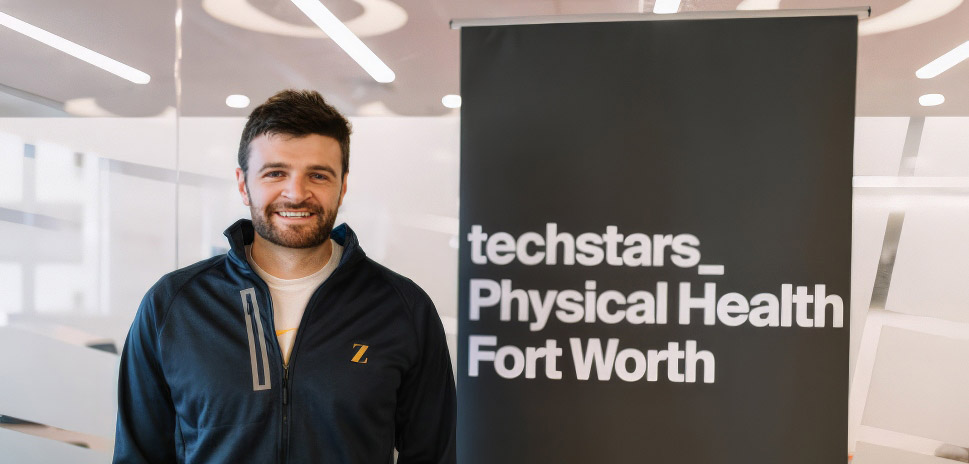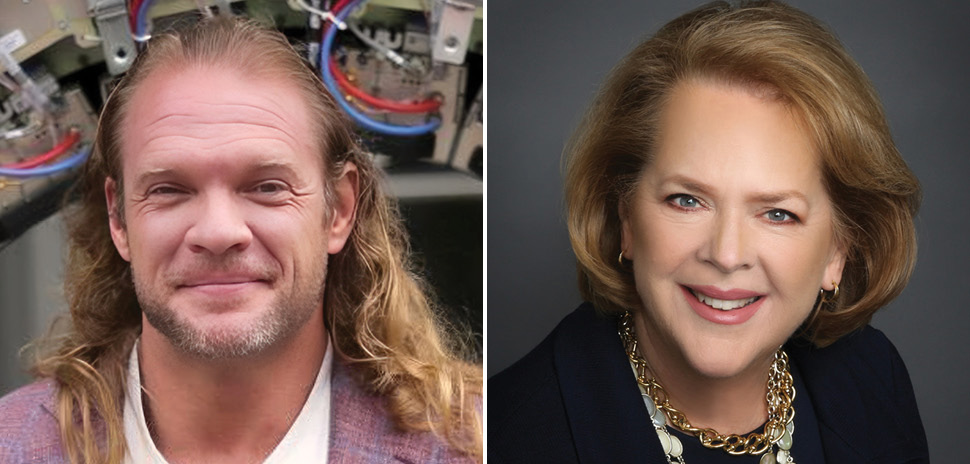Dallas-based Alva Health is among the recipients of grant funding from Dallas-based American Heart Association in the EmPOWERED to Serve Business Accelerator pitch competition to address health inequities in their communities.
Sandra Saldana, founder of Alva Health—one of ten finalist companies in the contest—received $12,000 from the association.
“At the American Heart Association, our future is about improving yours,” Nancy Brown, CEO of the American Heart Association, said in a statement. “Since 2017, the association, with the support of corporate sponsors, has awarded more than $1.6 million to help accelerate innovation through start-ups and provide needed assistance to social entrepreneurs and organizations addressing the social drivers of health in their local communities. We’re continually inspired by these changemakers, whose passion and ingenuity are transforming the health outcomes of their communities.”
The Heart Association said that Alva Health is developing a device that uses noninvasive wearables and AI/ML algorithms to monitor the onset of stroke symptoms and immediately initiate emergency calls. It’s a wearable platform that detects hemiparesis, which is muscle weakness or paralysis on one side of the body, a hallmark of stroke onset.
Other awards and overcoming barriers to good health
John Wilcox, founder of Diatech Diabetes in Memphis, Tennessee, received $50,000 in grants. Diatech Diabetes is a medical technology company using infusion monitoring software that detects insulin infusion failure and provides insights on how infusion performance affects diabetes management. Diatech Diabetes helps reduce the impact of insulin infusion failure for people living with diabetes.
The American Heart Association said that an additional $5,000 was awarded to “fan favorite” Tomas Armendariz, founder of AVaTAR Medtech, in San Fransico, California. That award was determined by an online public vote by the finalists’ network of supporters.
All of the remaining finalists each received $1,000 for their efforts, the association said.
The Heart Association said that people of color in under-resourced communities historically have had less access to the most basic needs including healthy food, clean air and drinking water, quality education, employment, housing and healthcare affecting the quality and longevity of their lives.
The association said that as a result, the data suggest these barriers predispose them to higher rates of cardiovascular disease, the leading cause of death in the U.S. and around the world.
More on the EmPOWERED to Serve Business Accelerator
The American Heart Association, celebrating 100 years of saving lives, said it established the EmPOWERED to Serve Business Accelerator to champion the growth and scalability of health impact-focused local businesses via training, funding and recognition.
Now in its eighth year, the American Heart Association’s EmPOWERED to Serve Business Accelerator has engaged and celebrated the work of more than 100 business founders operating local nonprofit and for-profit businesses.
It said that all these founders are focused on developing innovative ways to impact the health of the local communities where they live, work and play.
The American Heart Association said the program’s core curriculum offers formal instruction on design thinking, customer discovery, market positioning, brand development, fundraising and other essential business functions to help entrepreneurs enhance their business models and demonstrate the viability of their projects.
Out of almost 300 applications, the American Heart Association said the top 10 finalists were selected based on the strength of their existing business models as well as their ability to measurably impact health equity barriers. The finalists were then formally evaluated by the American Heart Association’s professional science health metrics team and scored based on a variety of criteria including health impact, innovation, and scalability.
At the showcase finale, each founder delivered a one-minute pitch and received five minutes of coaching feedback from a group of expert advisers in real time, the Heart Association said.
Founders’ pitch decks and business model canvases were judged by a panel of experts in the business, community, and health sectors including Ali Gates, director of National Health Tech and AI Initiatives at the American Heart Association, Candice Carpenter, co-founder and co-CEO of The Boston Congress of Public Health, and Vickram Pradhan, vice president of Sopris Capital, an early stage healthcare-focused venture capital and growth equity firm, located in Miami, Florida.
![]()
Get on the list.
Dallas Innovates, every day.
Sign up to keep your eye on what’s new and next in Dallas-Fort Worth, every day.






























